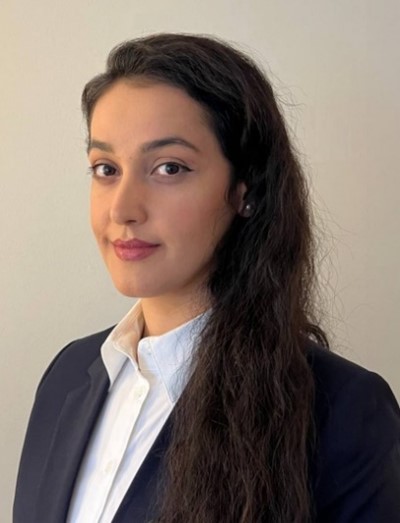ECE Summer Seminar Lecture
VLSI Complexity Single Flux Quantum Systems
Tahereh Jabbari
Monday, May 22, 2023
Noon–1 p.m.
601 Computer Studies Building
Superconductive electronics and, specifically, single flux quantum (SFQ) circuits are attracting significant attention as a promising ultra-low power and ultra-high speed circuit technology for beyond CMOS exascale supercomputing. The scaling of CMOS technology has significantly slowed in recent years. Advanced nanoscale fabrication facilities have become prohibitively expensive, and the energy consumption of CMOS circuits has greatly increased. Unlike other competing technologies, superconductive electronics is suitable for stationary applications such as cloud computing, "big data" applications, and ultra-high speed neural networks. Cloud computing has become a dominant application where high speed and, more importantly, low energy are primary concerns. This capability ranges from commercial social networks to the U.S. government. Superconductive technology is also evolving as an interface with emerging computing systems such as quantum computing – which is identified in the CHIPS and Science Act as a critical emerging technology. The lack of electronic design automation (EDA) algorithms and design and analysis methodologies and techniques, however, is currently a serious issue affecting the development of complex SFQ circuits. In this talk, issues and solutions are presented to enable VLSI complexity SFQ systems and to achieve high performance and energy efficient supercomputers.
 Bio: Tahereh Jabbari received the Ph.D. degree from the University of Rochester in electrical engineering in 2023. Her research interests include superconductive ferromagnetic devices, microwave design of superconductive lines, noise models of superconductive circuits, hardware security of superconductive electronics, related electronic design automation algorithms and methodologies, superconductive digital circuits, ultra-high speed neural networks, and circuitry for superconductive quantum computing. She has published a book, book chapter, and numerous journal and conference publications.
Bio: Tahereh Jabbari received the Ph.D. degree from the University of Rochester in electrical engineering in 2023. Her research interests include superconductive ferromagnetic devices, microwave design of superconductive lines, noise models of superconductive circuits, hardware security of superconductive electronics, related electronic design automation algorithms and methodologies, superconductive digital circuits, ultra-high speed neural networks, and circuitry for superconductive quantum computing. She has published a book, book chapter, and numerous journal and conference publications.
